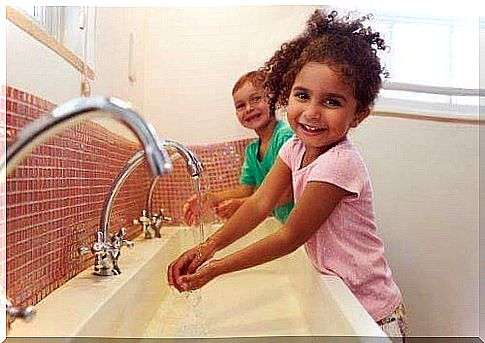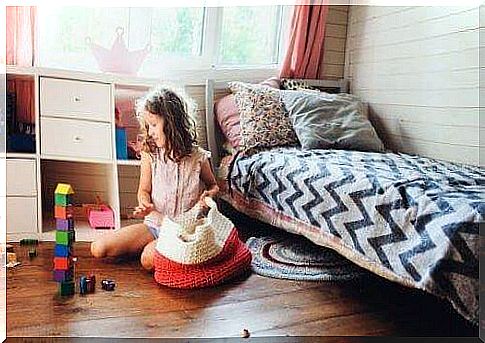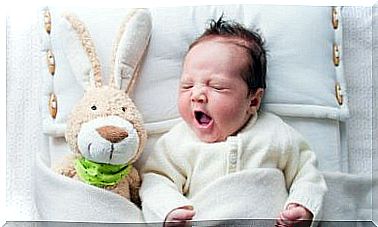What Are The Benefits Of Routine For Kids?

By establishing routines for our children, they learn valuable principles, such as discipline and responsibility, that can last a lifetime. Read on and learn more about the benefits of routine for kids below.
Developing good habits is critical to character building in children. However, while routines can be considered limiting, the truth is that they are necessary for little ones. Routines teach children a number of valuable lessons. The following are some of the valuable lessons that children can learn.
Routines are created with the aim of teaching children appropriate behavior and good habits. This is an effective way to teach the little ones how to behave, as once routines are in place, they are difficult to change. For example, children can learn to comb their hair before going out or to brush their teeth after every meal.
Good habits don’t always come naturally, because many have to be learned first. You can also give our children healthy guidelines to follow from a young age.
When should you start developing routines for children?
You shouldn’t wait too long to create routine for kids. This can happen almost from the moment they were born. It is therefore not uncommon for children to learn their first routines before they are one year old.
If we let too much time pass, children can develop bad habits that are difficult to change.
Scheduled feeding, as well as set bathing and sleeping times from a young age, will help children easily adjust to new routines as they get older and as more activities are added to their days.
This makes it much easier for the little ones to adapt to new routines. This applies first to the pre-school period and then later to school and when they take part in extracurricular activities.

Children copy what they see from an early age. It doesn’t matter if it’s good or bad. This is because they are initially unable to distinguish between right and wrong. This is why it is best to teach them habits and routines by setting a good example in your daily activities.
The importance of habits and routines for children
Setting up schedules and sticking to routines has a variety of benefits for children, including the following:
- It teaches them how to be neat and organized,
- favors the development of autonomy,
- creates security and stability,
- creates a calm environment and
- reduces the level of uncertainty and anxiety as the activities are predictable.
The first thing we should schedule with our children are the hours we eat, bathe, and sleep. It is advisable to set these times and follow the family plan on a daily basis.
As the children grow up, it will be necessary to add new activities, such as study and play times, to the timetable without interfering with the routine that has already been established.
Habits, routines and their relationship to learning
In and of themselves, habits are a form of learning that establishes self-regulatory behavior and self-discipline. For example, they help children adapt to the school system. In the classroom, and especially in preschool, one of the primary goals of teachers is to teach children to follow routines.
The creation of routines and schedules also has a positive effect on the understanding of timing and space. In addition, it helps the children to focus on specific tasks.
Regulated processes also help children learn on a daily basis how to plan and work in order to achieve certain goals. In this way, the children learn to complete a task efficiently from start to finish, rather than postponing or only partially completing tasks.
Benefits of Routines for Children
A pre-established routine will help the youngest family members learn how to trade. There should be support from the entire family to do their part to lead by example.
At the same time, by adopting good everyday habits as part of a routine, children can learn to:
- They can predict what will happen next and thereby better manage their fear.
- The children adapt better to different situations.
- The children learn organization by learning at a pace that is beneficial to both them and adults.
- They appreciate that there are norms and limits that they must observe.

Remember that you must patiently lead by example in order to establish effective routines for children. This requires teamwork and the support of the whole family is required. Otherwise, children can begin to develop bad habits.
Your children have an infinite number of skills and talents to explore and develop. The more good habits they adopt, the greater their chances of success in what they want to achieve in the future.









